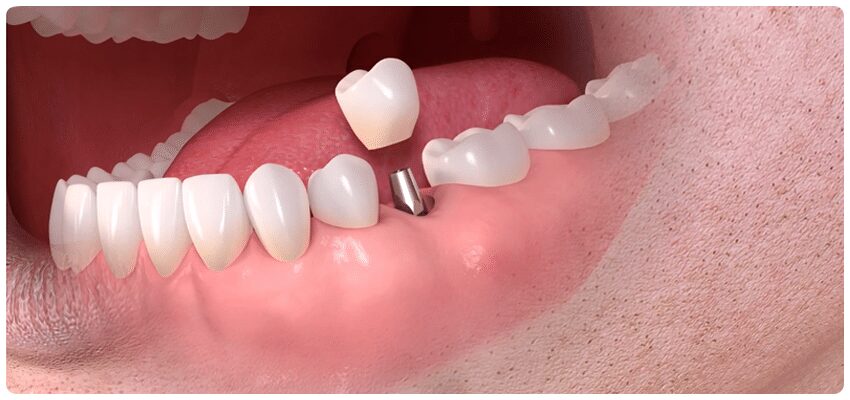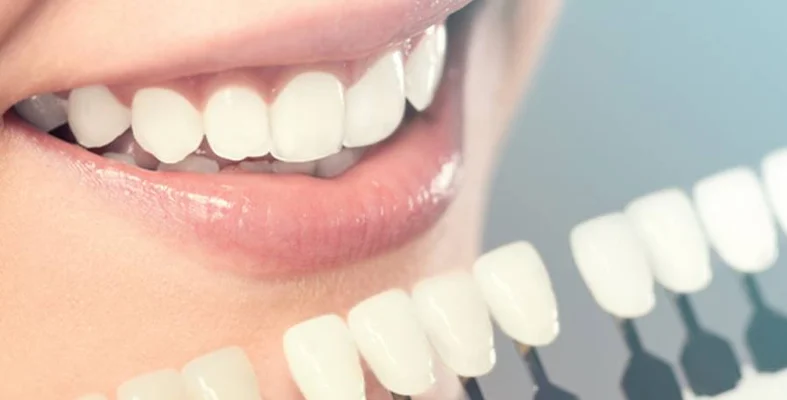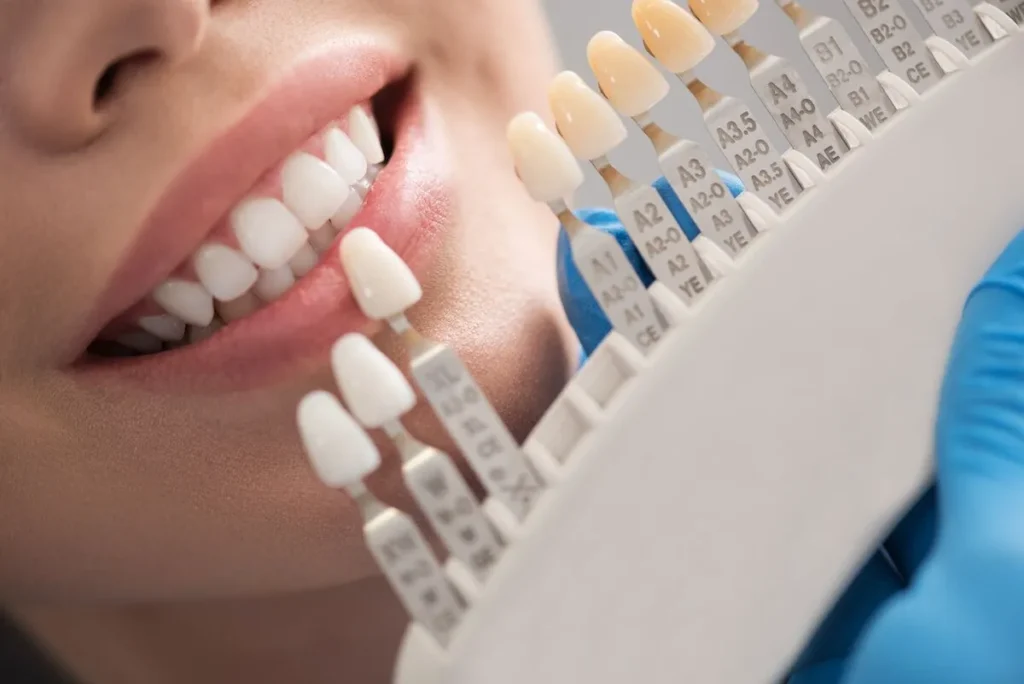Turkey Teeth Explained: Understanding the Trend, Procedure, and Costs

You’ve probably heard the term “Turkey Teeth” floating around in discussions about dental trends. This article delves into what this term means, its origins, and the costs involved. Understanding these aspects is crucial for anyone considering this dental procedure.
What is Turkey Teeth?

“Turkey Teeth” is a term that has emerged in recent years, referring to a specific style of veneers in Turkey cosmetic work that has become increasingly popular among dental tourists visiting Turkey.
This term describes a full set of dental veneers or implants typically characterized by their bright, white, and uniform appearance.
Turkey Teeth is rooted in Turkey’s booming dental tourism industry. The country has become a hotspot for affordable yet high-quality dental procedures, attracting people worldwide. The term was coined as a nod to the country’s growing reputation as a go-to destination for cosmetic dentistry.
Turkey Teeth’s appeal lies in its transformation – a complete overhaul of one’s smile with perfectly aligned and brilliantly white teeth. However, it’s important to note that the term doesn’t refer to a specific dental technique or material but rather to the overall aesthetic and the destination where it is frequently performed.
This dental trend has gained significant traction in recent years. But who’s driving this surge in popularity? We explore the demographic most attracted to Turkey Teeth and why it’s become a sought-after procedure.
The Procedure for Getting Turkey Teeth

Getting Turkey Teeth involves several steps, and it can vary depending on the individual’s dental needs and the specific procedures they opt for. Generally, it starts with a consultation with a dental professional to assess the patient’s oral health and discuss desired outcomes.
- Consultation: This initial step involves a comprehensive dental examination, which may include X-rays or 3D scans to evaluate the patient’s oral health and structure.
- Treatment Plan: The dentist will propose a treatment plan based on the consultation. This could involve dental veneers, implants, or a combination of different procedures.
- Preparation: For veneers, this step often involves reshaping the existing teeth to fit the veneers. It may involve removing damaged teeth and preparing the jawbone for implant placement.
- Customization: Each set of veneers or implants is custom-made to fit the patient’s mouth and desired appearance. This involves selecting the size, shape, and shade of the prosthetics.
- Fitting and Adjustment: Once the veneers or implants are ready, they are fitted. The dentist ensures they align correctly and adjust for a comfortable fit and natural look.
- Follow-Up: Patients typically have a follow-up appointment after the procedure to check the placement and make any final adjustments.
The entire process can take several days to a few weeks, depending on the complexity of the patient’s case and the specific procedures performed.
Pros and Cons of Turkey Teeth

Pros:
- Aesthetic Improvement: Turkey Teeth can dramatically enhance the appearance of one’s smile, offering bright, uniform teeth.
- Cost-Effective: Compared to many Western countries, getting dental work in Turkey can be significantly more affordable without compromising quality.
- Rapid Transformation: The procedures involved in getting Turkey Teeth can transform a person’s dental appearance in a relatively short period.
- Boost in Confidence: A new, improved smile can increase self-esteem and confidence.
Cons:
- Overuse of Veneers: Some critics argue that the approach can be overly aggressive, involving filing down healthy teeth to fit veneers.
- Risk of Poor Quality: While many Turkish dental clinics offer high-quality services, there’s always a risk of substandard work, especially if a clinic is chosen solely based on cost.
- Potential for Dental Health Issues: Improperly fitted veneers or implants can lead to oral health issues, such as tooth decay or gum problems.
- Maintenance Requirements: Veneers and implants require maintenance and may need to be replaced after a certain period, adding to long-term costs.
Understanding these pros and cons is crucial for anyone considering Turkey Teeth. It’s important to conduct thorough research and consult with qualified dental professionals to ensure the best outcome for your dental health and aesthetic goals.
Comparative Analysis: Turkey Teeth vs. Traditional Dental Procedures

How does getting Turkey Teeth differ from traditional dental treatments? This comparative analysis will help you understand the unique aspects of Turkish teeth and why they might be preferred over conventional options.
The cost is among the most critical aspects for many considering Turkey Teeth. We provide a detailed breakdown of the expenses and compare them to similar dental procedures in other countries.
Turkey’s Teeth trend is a complex and multifaceted topic. This article has covered the essentials, from its definition to the costs involved, providing a thorough understanding of this modern dental phenomenon.




